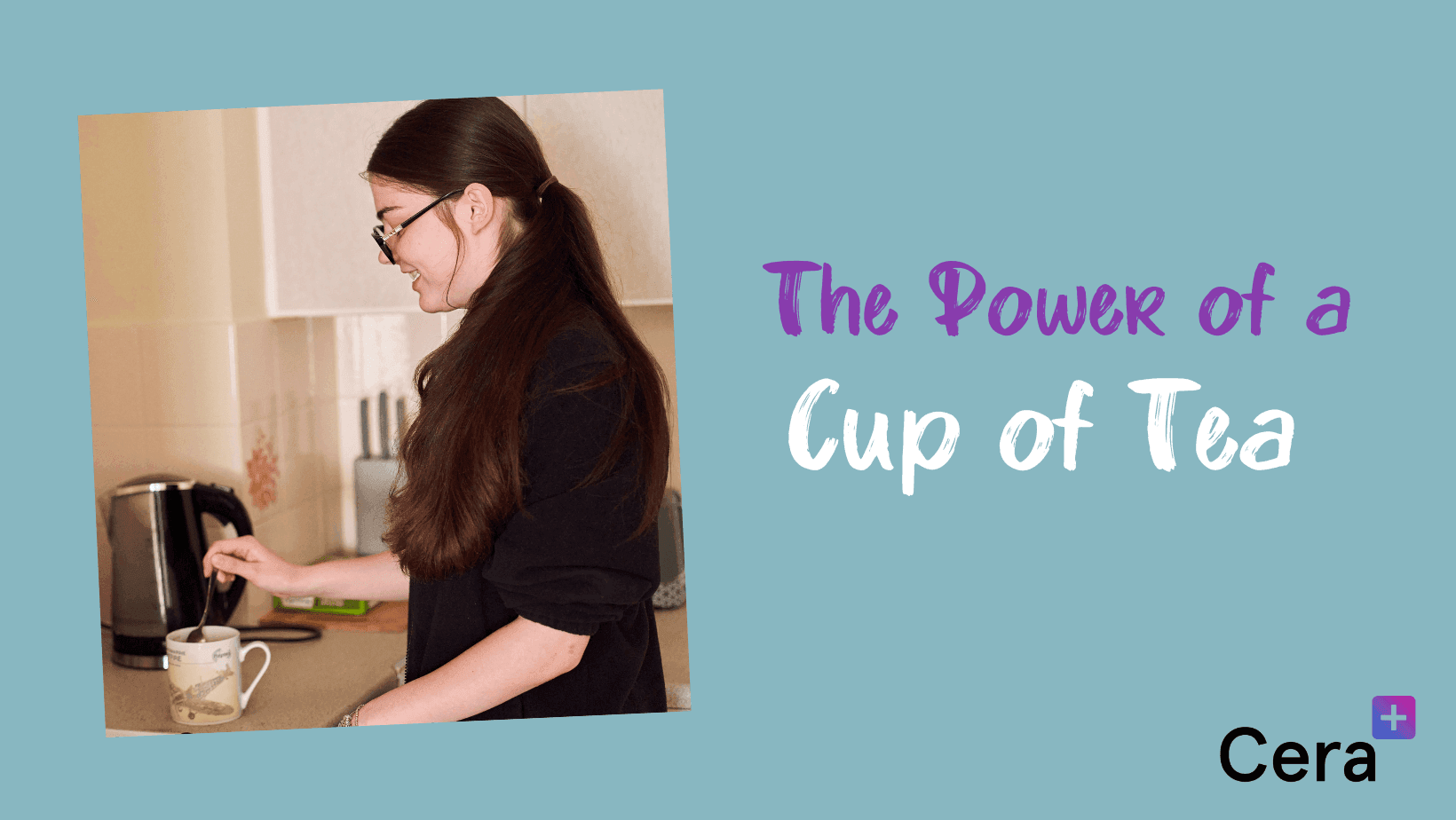Top 5 Summer Safety Tips for Elderly People
As the days get longer, the shelves are stocked with sunscreen and temperatures climb, it’s important to be prepared for the dangers this may bring for our elderly. Here are some summer safety tips that we at Cera have put together to support you.
Stay hydrated
Staying hydrated is one of the most important factors during the summer months, as dehydration can lead to health issues. A balanced diet can also contribute towards staying hydrated, as food can replace any salt your body loses through sweating.
It’s important to notice the signs of dehydration for an elderly person, they include:
- Dry or sticky mouth
- Dizziness
- Low blood pressure
- Confusion or disorientation
- Sunken eyes or cheeks
To prevent dehydration, aim for 6 to 8 glasses of fluid a day. Other ways of increasing fluid intake include eating wet foods such as fruit, jelly and yoghurt.
Reduce risk of overheating
Heat exhaustion and heat stroke are huge risks to summer safety. They can be the result of excessive heat exposure, especially as older people are at an increased risk of heat related illnesses due to their body’s decreased capacity to adjust to changes in temperature. Alongside dehydration, overheating is a huge risk to the elderly during the summer months.
Overheating, otherwise known as hyperthermia, can have multiple symptoms. These can include:
- Fainting/unconsciousness
- A change in behaviour (confusion, staggering or delirium)
- Dry, flushed skin
- A fast pulse
- Heat rash
- Convulsions
- Body temperature exceeding 40°C for between 45 minutes and 8 hours
To combat the possibility of overheating, be sure to stay indoors on particularly hot days, wear cool, loose-fitting clothing, cool their skin by spraying or sponging them with cool water and using a fan and close your curtains during the hottest times of the day, ensuring a window is open during the night.
Keep their skin safe
Skincare should not be overlooked for the elderly during the summer months. Over the course of time, the outermost layer of skin gradually thins, increasing the risk of sunburn. However, no matter your age, prolonged periods of sun exposure increase the risk of developing skin cancer.
Alongside hydration, moisturising is an important factor that shouldn’t be overlooked. It is preferable to use moisturisers without unnecessary ingredients for the elderly ….. and of course, don’t forget sunscreen. Use an SPF of at least 30 on all skin, not forgetting the hard to reach places.
Food safety
The elderly are more likely to be affected by harmful bacteria, parasites or viruses in food compared to other age groups, also usually taking longer to recover. This is because the body goes through changes, such as changes to our immune system and changes to our stomach acidity as we age. During the summer months, the risk of food poisoning increases.
Some tips to ensure food safety include:
Clean hands and surfaces frequently. Wash hands for at least 20 seconds with soap and water.
Use a thermometer to make sure the fridge and freezer are at the right temperatures.
Defrost or marinate foods in the refrigerator, never on the counter or in the kitchen sink.
Refrigerate easily-spoilt food within two hours, however, if the food has been exposed to temperatures of 32 degrees celsius or higher (such as a hot car), refrigerate the food within one hour.
Summer safety support for people that live alone
Loneliness for the elderly is usually associated with Christmas time, but many elderly people find the summer months the loneliest of the year as families, friends and caregivers are away on summer vacations. This also increases the risk of all other heat-related illnesses.
If you know of an elderly person living alone, whether they are family, a friend, neighbour or service user, offering a helping hand can make a huge difference during summer. An offer to help with food shopping, enabling access of any equipment they may need, opening or closing windows and helping them to keep cool with fans can make a huge difference. Most importantly, keeping an elderly person company can make the biggest difference. Checking in is never a bad idea.
More about working in care

Addressing Men's Mental Health
Here are some factors affecting mental health for men, including the impact of stigma and men’s reluctance to seek advice, and how support networks can help.
Effective Communication: Building Bridges with Autistic Adults in Inclusive Care
Key tips for communicating with autistic adults, fostering a more inclusive and supportive environment.
